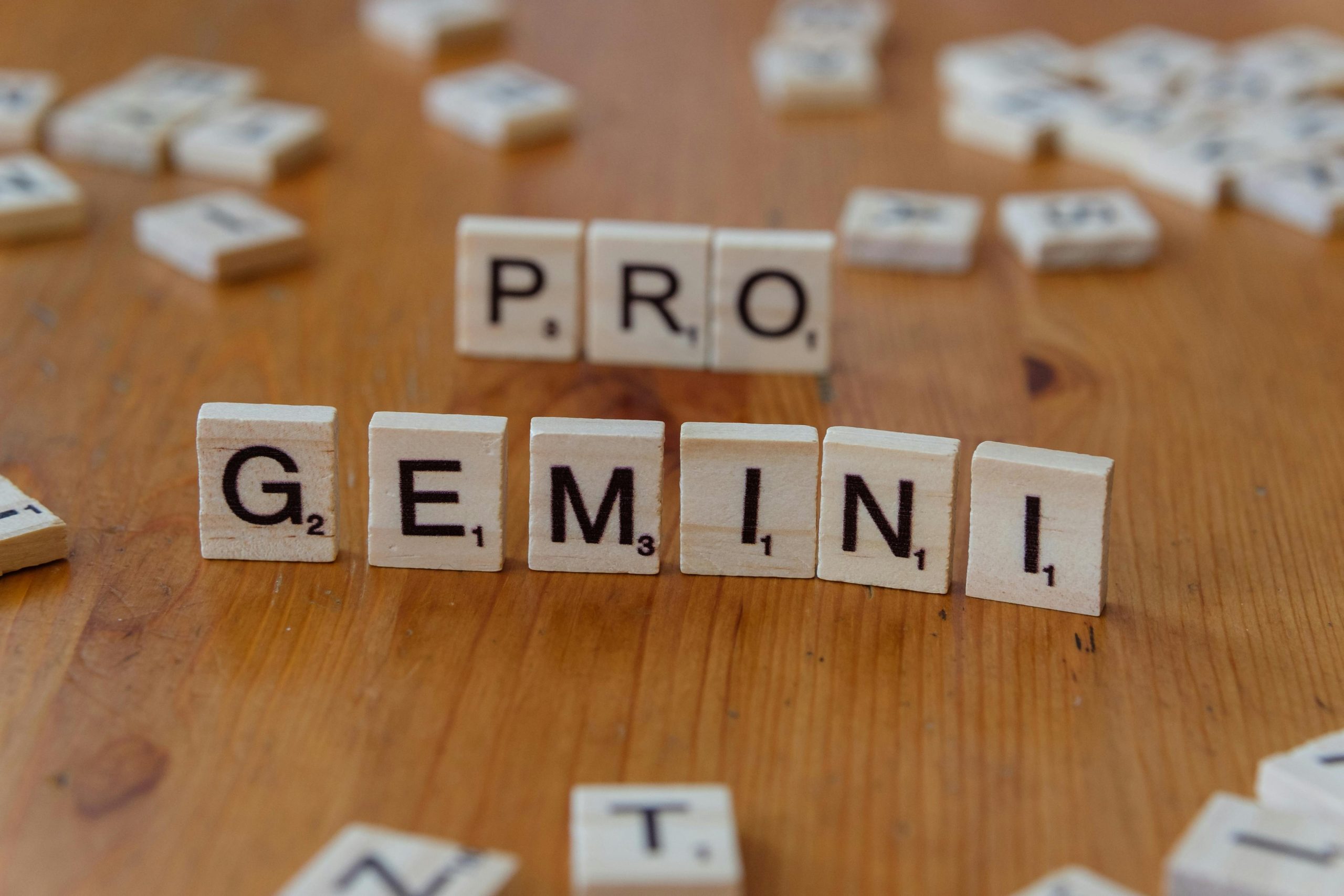Artificial Intelligence Won’t Rebel to Destroy Humanity; Instead, It Will Speed Up Human Responsibilities
Rethinking the AI Threat: The Real Danger Lies Within Humanity
In recent discussions about artificial intelligence, a common narrative paints AI as an existential menace, capable of wiping out humanity. However, a closer examination reveals that this perspective may overlook the true underlying threat: human behavior.
Artificial intelligence, in itself, is a tool—an extension of human ingenuity. It doesn’t possess consciousness or intent, nor does it aim to make autonomous decisions to threaten our existence. Instead, AI’s role is to accelerate tasks, improve efficiencies, and solve complex problems. The real danger arises not from AI’s capabilities but from how humans choose to deploy it.
Consider the mass extinction of animal species—approximately 70% of which has occurred due to human activities. Deforestation of vital ecosystems, such as the planet’s oxygen-producing forests, is driven by human economic and developmental pursuits. Oceans, the lifeblood of our planet’s climate and biodiversity, face destruction at our hands through pollution and overfishing. And, since the dawn of history, humans have been engaged in conflict, conflict that remains unabated through modern history.
Artificial intelligence does not initiate these destructive actions. It is humans who set the agenda, who decide how to use technology. The concern isn’t that AI will autonomously wipe us out; rather, it is that we may harness its immense power to accelerate our own destructive tendencies—comsequently amplifying the damage we’ve already inflicted on the planet and ourselves.
Ultimately, the true existential threat isn’t the AI itself; it’s human nature. Recognizing this is vital as we navigate the future of technological development. Instead of fearing the machines, perhaps our focus should turn inward, reflecting on how we can steer our actions toward a more sustainable and conscientious path.














Post Comment